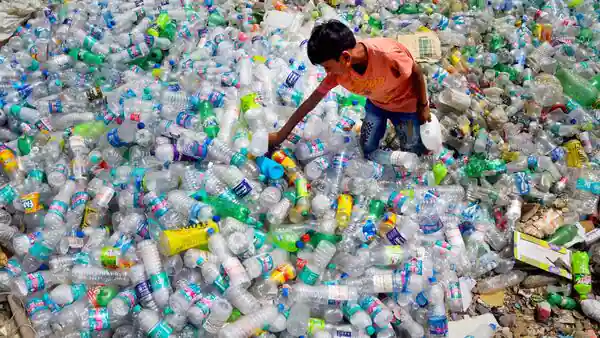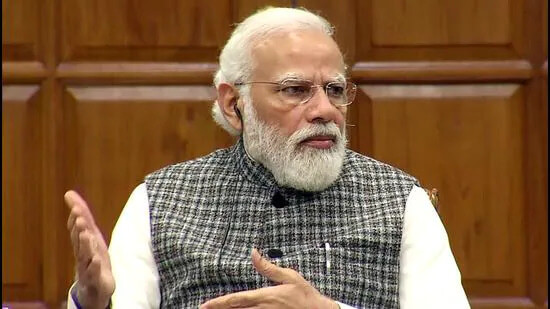Single-use plastic will be prohibited in India beginning July 1. Single-use plastic items are prohibited from being manufactured, imported, stocked, distributed, sold, or used. The Central Pollution Control Board (CPCB) recently issued a list of proposed measures to implement the ban.
meaning board of Single-use plastic
Single-use plastics (SUPs) are those that are used once and then discarded. Food containers, disposable cutlery, straws, processed food packets and wrappers, cotton buds, and other items are among the most harmful to the environment.
The Impact
According to the UN Environment, and the United Nations Environment Programme, plastic can take a thousand years to decompose. it is because landfills are frequently set ablaze, toxic gases are released into the environment. It floats on the seafloor and clogs the airways of marine animals.

Plastic management in India
The Centre’s Plastic Waste Management Rules, 2016, mandated a ban on “non-recyclable and multi-layered” packaging by March 2018, as well as a ban on carry bags with a thickness of less than 50 microns. The rules were changed in 2018, according to activists, to favor the plastic industry and provide manufacturers with an escape route.
Centre announced a ban on single-use plastic beginning in July 2022 in August of last year.
According to the Environment Ministry’s notification on Plastic Waste Management Amendment Rules, 2021, “the manufacture, import, stocking, distribution, sale, and use of single-use plastic, including polystyrene and expanded polystyrene commodities, shall be prohibited effective July 1, 2022.”
Statistics
There is no comprehensive data on the total volume of plastic waste in the country. The Central Pollution Control Board (CPCB) conducted a survey of 60 cities in 2015 and extrapolated the data to estimate that the country generated approximately 26,000 tonnes of plastic waste per day in 2011-12.
Approximately 70% of the plastic waste was collected, and 60% was recycled.
Recycling of waste
India recycles approximately 60% of its waste, with the remainder going to landfills, the sea, and waste-to-energy plants. Most experts see recycling as a stopgap measure until plastic is completely phased out of everyday life.
“Plastics, too, have an expiration date. “They can only be treated 4-5 times,” Dinesh Raj Bandela, deputy programme manager (plastics) at the Centre for Science and Environment, explains. The CPCB warns that recycled products can be more harmful to the environment than new products because they contain additives and colors.
FAQs
Level-4 fire breaks out in a building in Mumbai, one dead
Covid pandemic killed 80K-180K health workers till May 2021: WHO
Google Play commission cut still a ‘Lagaan’ on developers: ADIF
We have shut down the critics questioning India’s ability: Modi
Queen Elizabeth turns down ‘Oldie of the year’ award, know why














